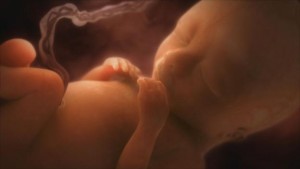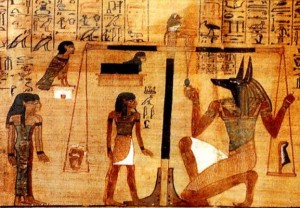The human heart is an organ that pumps blood throughout the body via the circulatory system, supplying oxygen and nutrients to the tissues and removing carbon dioxide and other wastes.
- French physician Rene Laennec (1781-1826) invented the stethoscope when he felt it was inappropriate to place his ear on his large-buxomed female patients’ chests.
- An average adult heart beats 72 times a minute, 100000 times a day, 3600000 times a year, and 2.5 billion times during a lifetime.
- The energy created by a heart each day has the capacity to drive a truck 20 miles. In a lifetime, that is equivalent to driving to the moon and back.
- Since the heart has its own electrical impulse, it can continue to beat even when separated from the body, as long as it has an adequate supply of oxygen.
- The heart pumps nearly 1.5 million barrels of blood during a lifetime which is enough to fill 200 train tank cars.
- The “thump-thump” sound of a heartbeat is made by the four valves of the heart closing.
- The heart begins beating at four weeks after conception and does not stop until death.

- Early Egyptians believed that the heart and other major organs had wills of their own and would move around inside the body.

- Plato theorized that reasoning originated with the brain, but that passions originated in the “fiery” heart.
- Prolonged lack of sleep can cause irregular jumping heartbeats called premature ventricular contractions (PVCs).
- A woman’s heart typically beats faster than a man’s. The heart of an average man beats approximately 70 times a minute, whereas the average woman has a heart rate of 78 beats per minute.
- Grab a tennis ball and squeeze it tightly: that’s how hard the beating heart works to pump blood.
- The volume of blood pumped by the heart can vary over a wide range, from five to 30 liters per minute.
- The heart pumps blood to almost all of the body’s 75 trillion cells. Only the corneas receive no blood supply.
- Cocaine affects the heart’s electrical activity and causes spasm of the arteries, which can lead to a heart attack or stroke, even in healthy people.
Source & photo credits: facts.randomhistory.com

